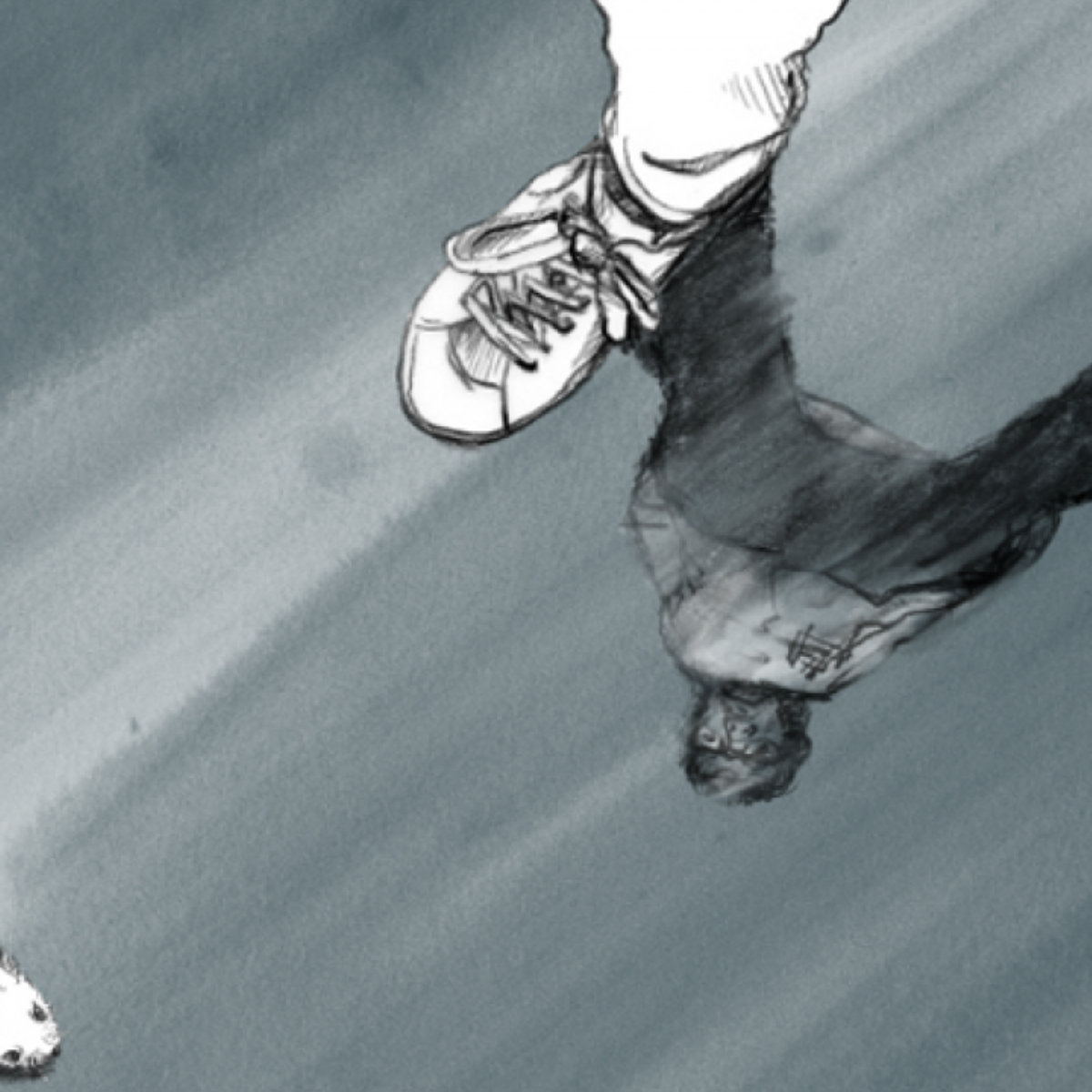
Reproducibility in Animal Research - II
Reproducibility is often called the «hallmark» or «bedrock» of science. After all, what good are scientific findings if they are only valid for the time and place they were originally created? This course will convey a general understanding of what reproducibility means and focusing on several key aspects concerning data generation, analysis, reporting, daily research habits and correct interpretation of research findings.
13.12.2018
Universität Zürich
Free

Free
This course will convey a general understanding of what reproducibility means before focusing on three key aspects of it:
How is reproducible research dependent on data generation, analysis and reporting?How are daily research habits influencing reproducibility?How does reproducibility of research depend on the correct interpretation of research findings?The course programme is structured in three distinct parts:
Introduction: It starts with a general introduction into the topic of reproducibility, lays out its different meanings and interpretations and tries to set the stage for the latter parts.Concrete advice: The middle parts gives the researches concrete advice on how to spot faulty research as well as on how to design, conduct and report their research in the most reproducible way possible.Conclusion: The LTK ends with a focus on how to interpret and analyse experimental data in a reliable way without falling prey to dichotomous thinking and/or biased reporting.For further information and registration please visit the LTK course website. This course is organised by the Institute of Laboratory Animal Science in collaboration with Servan Grüninger (reatch). Please note that participants must be involved in animal experimentation (as researchers, study director, Cantonal commission, KVET etc.)